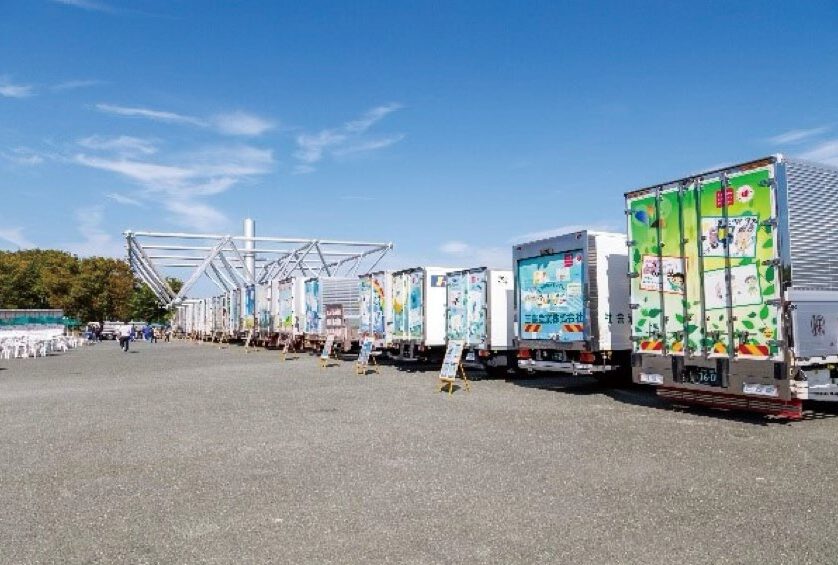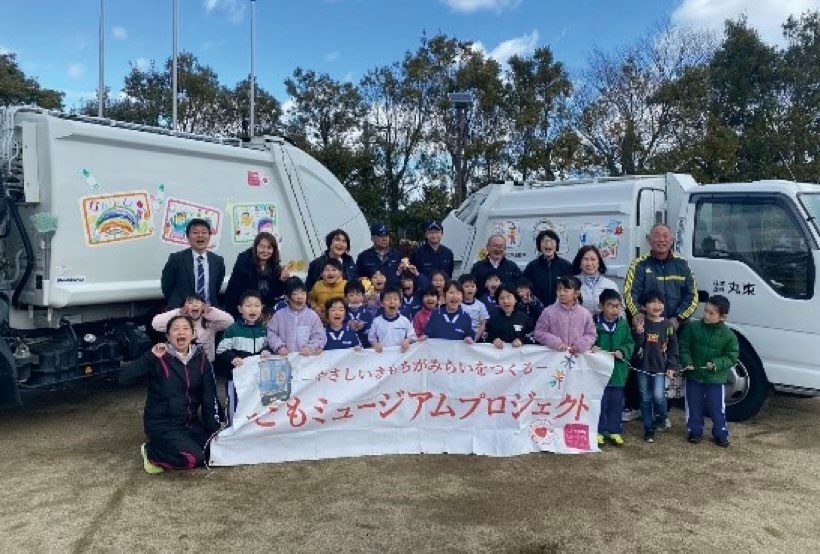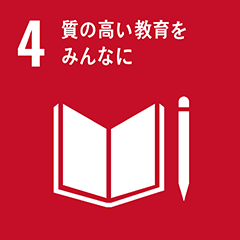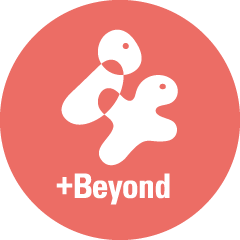Inochi Declaration
By encountering the pure and genuine feelings of children, learn that kindness can arise spontaneously, and build a society where every person’s conscience can be fully expressed, where all Inochi is nurtured, and where we sustain each other’s lives.
Hirofumi Miyata, President of Miyata Unyu Co., Ltd., a Japanese transportation company, located in Takatsuki City, Osaka, shares the following story:
Our company changed profoundly because of a fatal traffic accident that occurred in 2013.
Miyata Unyu was in its 68th year, and I had just been appointed as the fourth-generation president in 2012. In the busy summer of 2013, not long after my appointment, one of our trucks collided with a scooter ridden by a 43-year-old man, resulting in his death. I will never forget what the man’s father said to me after the accident:
“I’m not here to say who was right or wrong. But know this: my son lost his life just now. And he had a daughter in fourth grade. Please remember that.”
I could only respond: “I will sincerely do everything I can.”
Traffic accidents are a societal issue. Even before this incident, we had worked to prevent accidents and spread awareness. Yet, facing the reality that the work I had believed in had taken someone’s life left me deeply shocked. At the same time, it made me realize that we are not only keeping someone alive but being kept by someone else. For the first time, each of our employees appeared to me as Inochi itself. From then on, I began to reflect on what we could do for the deceased, their family, and society.
Initially, I tried to strengthen traffic control and monitoring, but little improvement was seen. Instead, dissatisfaction and complaints grew louder. When I was struggling with the thought that if things don’t get better, I might as well think of a way to get rid of the trucks, someone said to me:
“Miyata, you love trucks, don’t you? Then instead of getting rid of them, why not think of a way to make them a force for good?”
That remark opened my eyes. I realized we could sustain life by finding a way to “activate” trucks. Around that time, I noticed drawings by drivers’ children displayed inside their truck cabins. When I saw those pure, heartfelt pictures, I felt a wave of calmness and kindness wash over me. It struck me that if we wrapped these drawings and messages not just inside but outside the trucks, both drivers and the public who saw them would be filled with the same gentle feelings—and would be internally motivated to drive safely and avoid accidents. One year after the accident, we completed our first truck wrapped with children’s drawings.
We named this initiative the “Kodomo Museum Project” and expanded it within our company. According to our internal data, the accident rate dropped by 40%. I realized that people do not improve through control and surveillance, but that kindness already exists within everyone. Thus, rather than trying to mold employees into mere company men, I resolved to foster individuals who would be valued by society and help each employee unlock their own destiny.
Since then, the spirit of kindness has spread beyond the logistics industry. Pharmacies, construction sites, hospitals, restaurants, and many other sectors have joined the initiative. Our activities have expanded beyond Japan into China, Laos, and Thailand. Beyond reducing traffic accidents, the project has evolved into a broader movement to make society better.
Because children’s drawings are central to the project, we also visit preschools and elementary schools to tell children how their artwork is contributing to society—helping nurture their self-esteem. For high school students, we share the journey that led to the current form of the project, encouraging them to see mistakes and failures not as ends but as experiences to be transformed into growth. In this way, we create opportunities for both children and adults to gain new insights.
We will continue this work without end, striving to cultivate hearts of compassion, to create a society where people sustain and nurture one another. By 50 years from now, we aim for these activities and ideals to become not something exceptional, but simply the norm.

Scene from the unveiling ceremony of the wrapped vehicle at the primary school

Wrapped truck unveiled at the event
The Inochi Forum will work to create many opportunities and mechanisms in workplaces where people can encounter the pure and sincere thoughts of children, allowing kindness to arise spontaneously and enabling every individual to express their conscience without restriction. Together, we will build a society where all Inochi is nurtured.
[References]
・Kodomo Museum Project Official Website
https://www.kodomo-museum.jp/
[Action Platform]
Education and Children / SDGs+Beyond
[SDGs]



